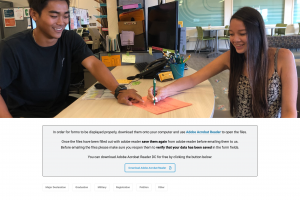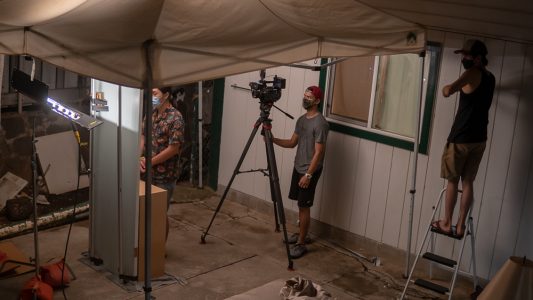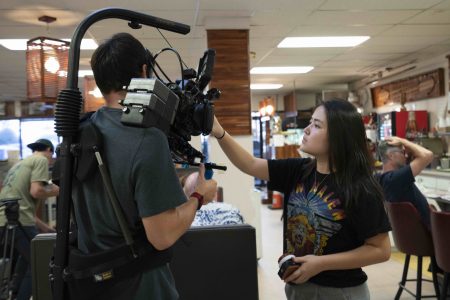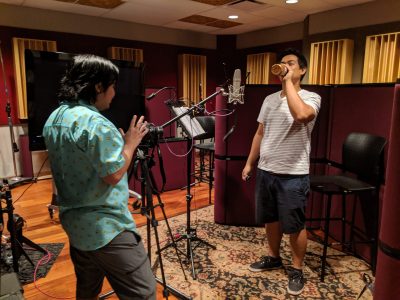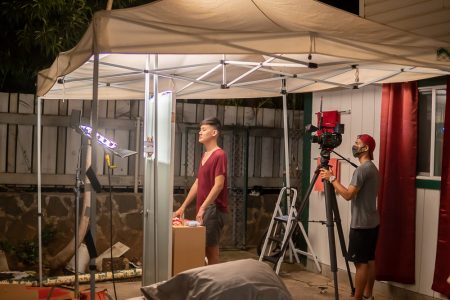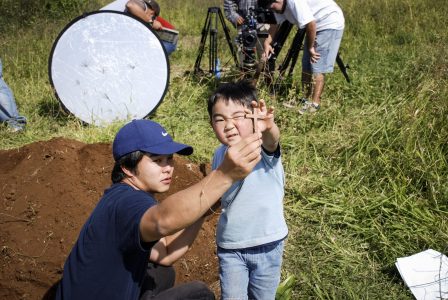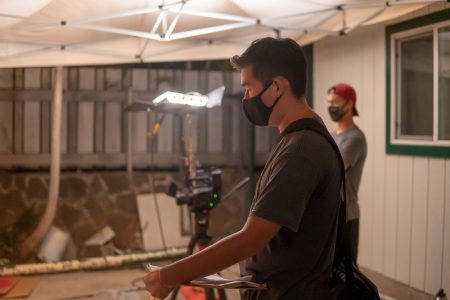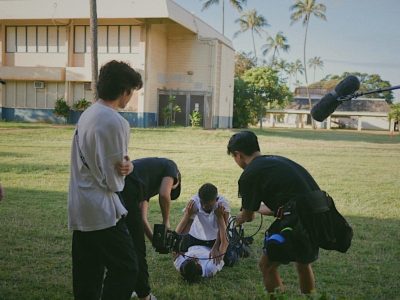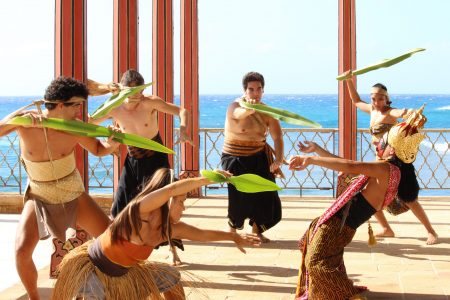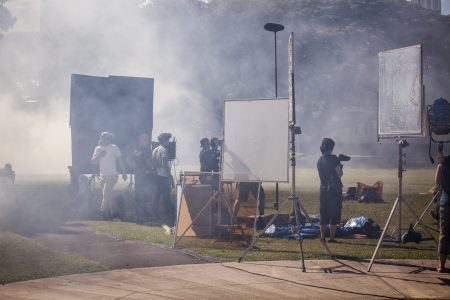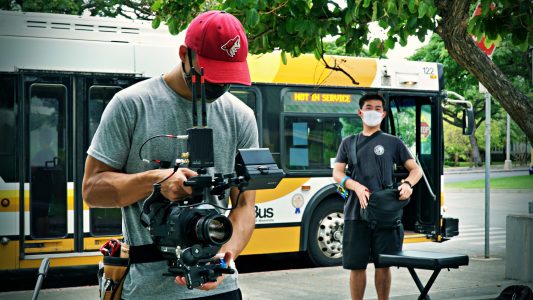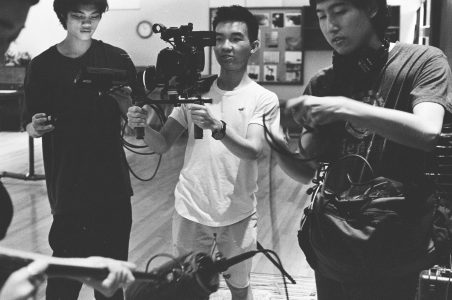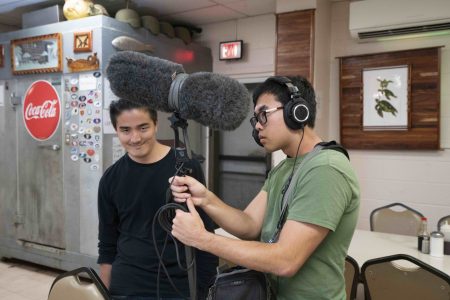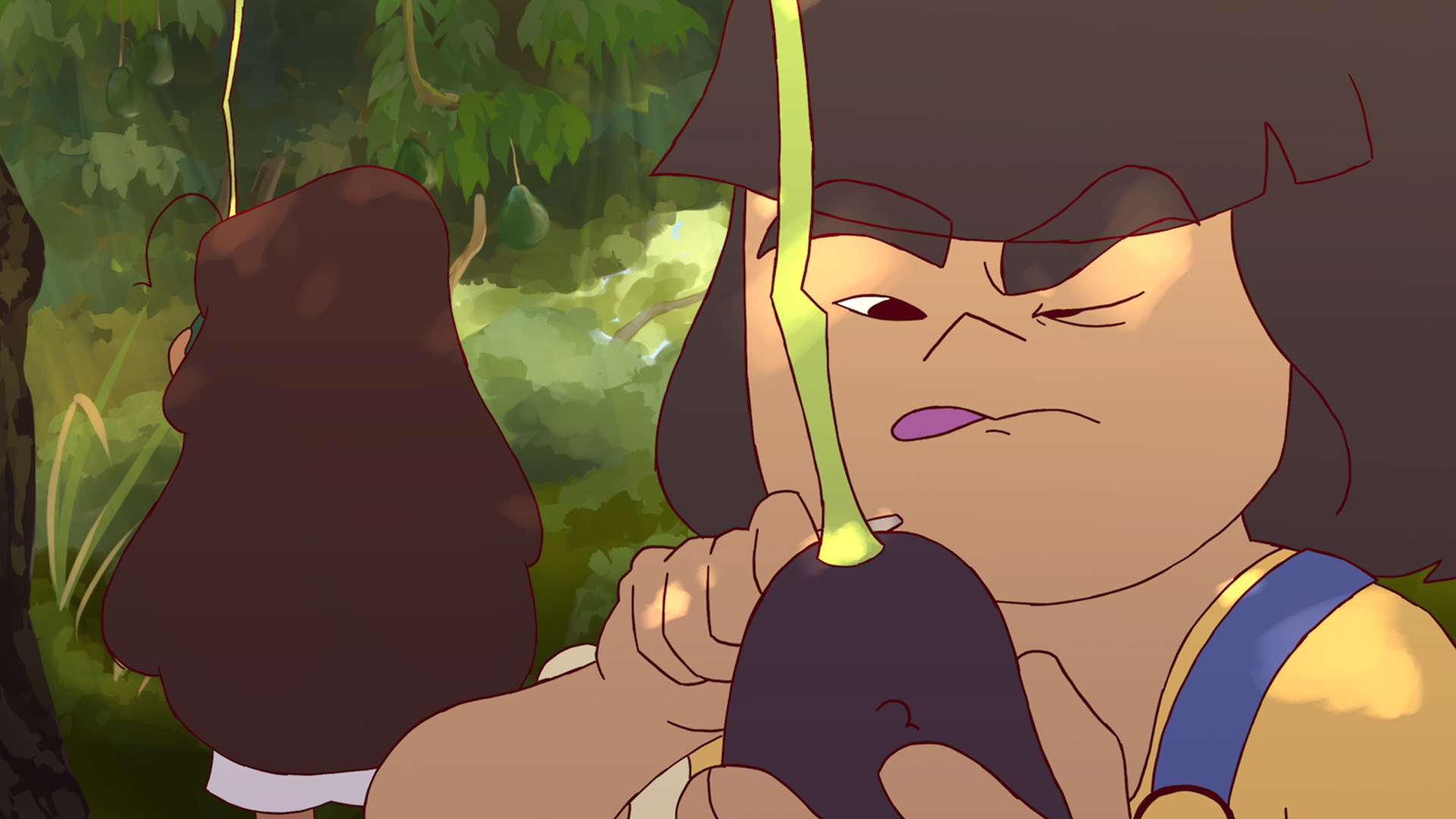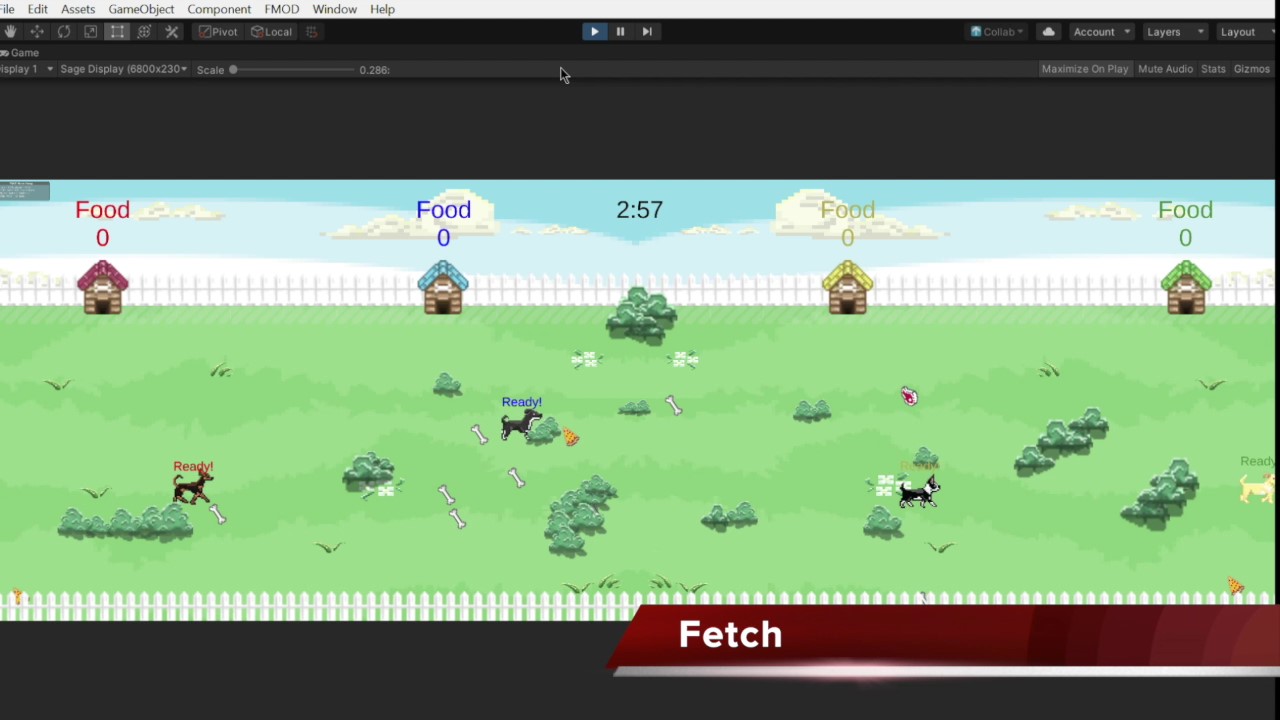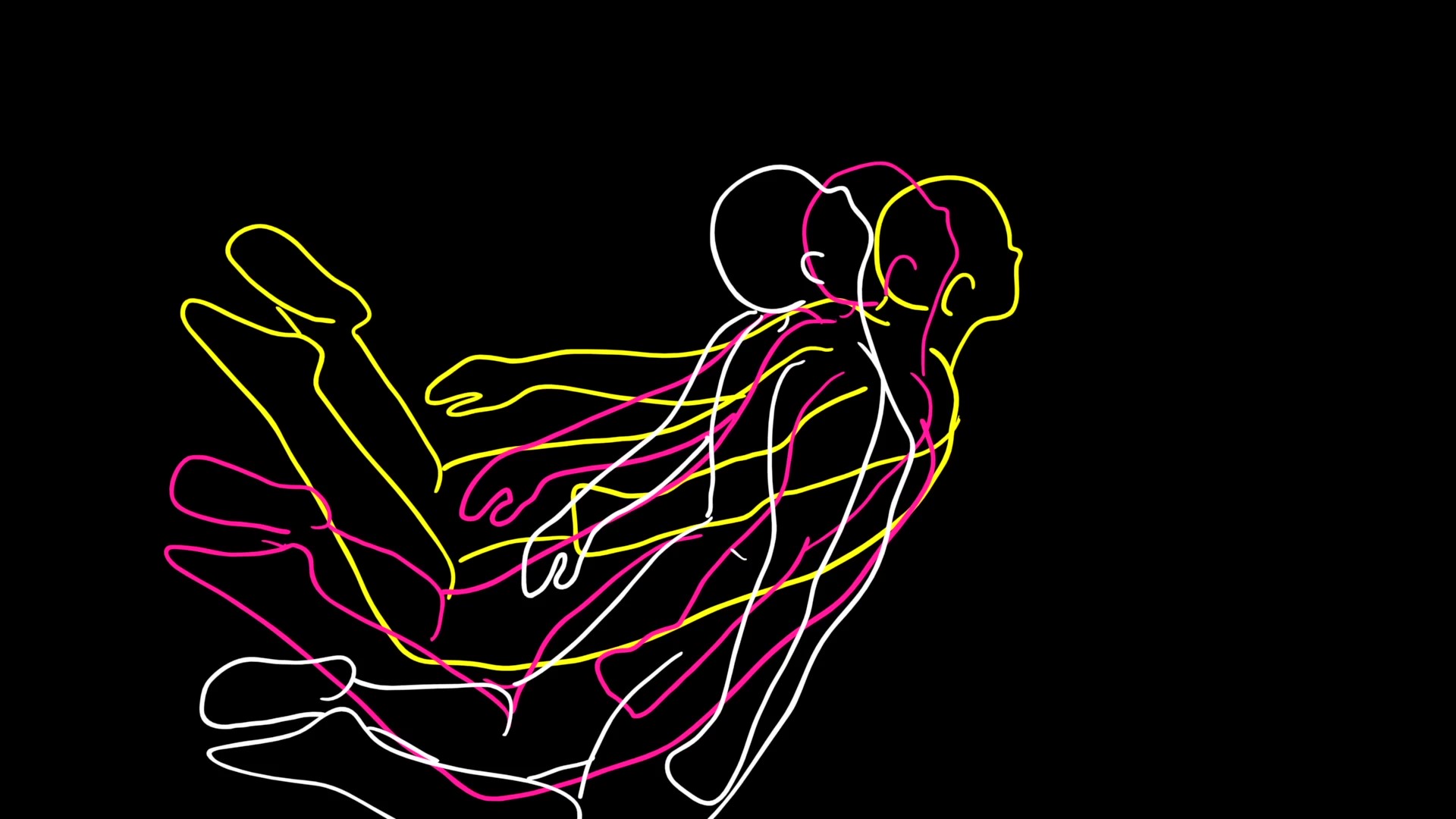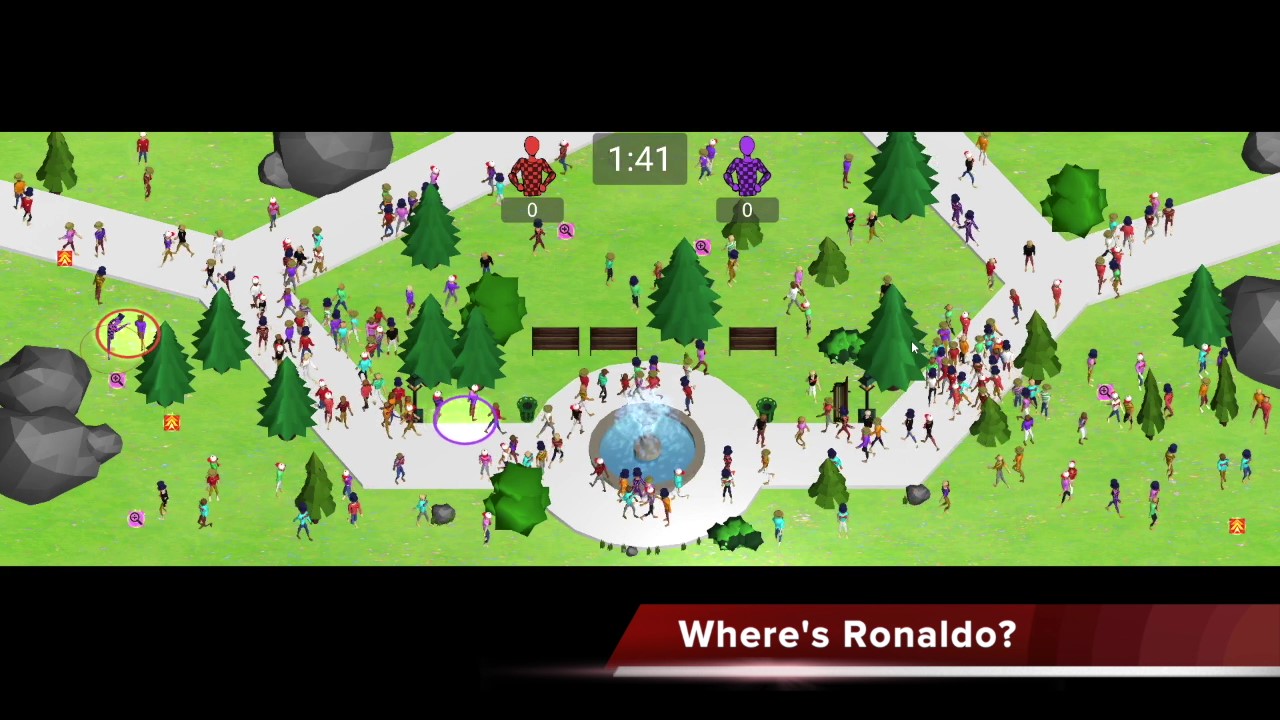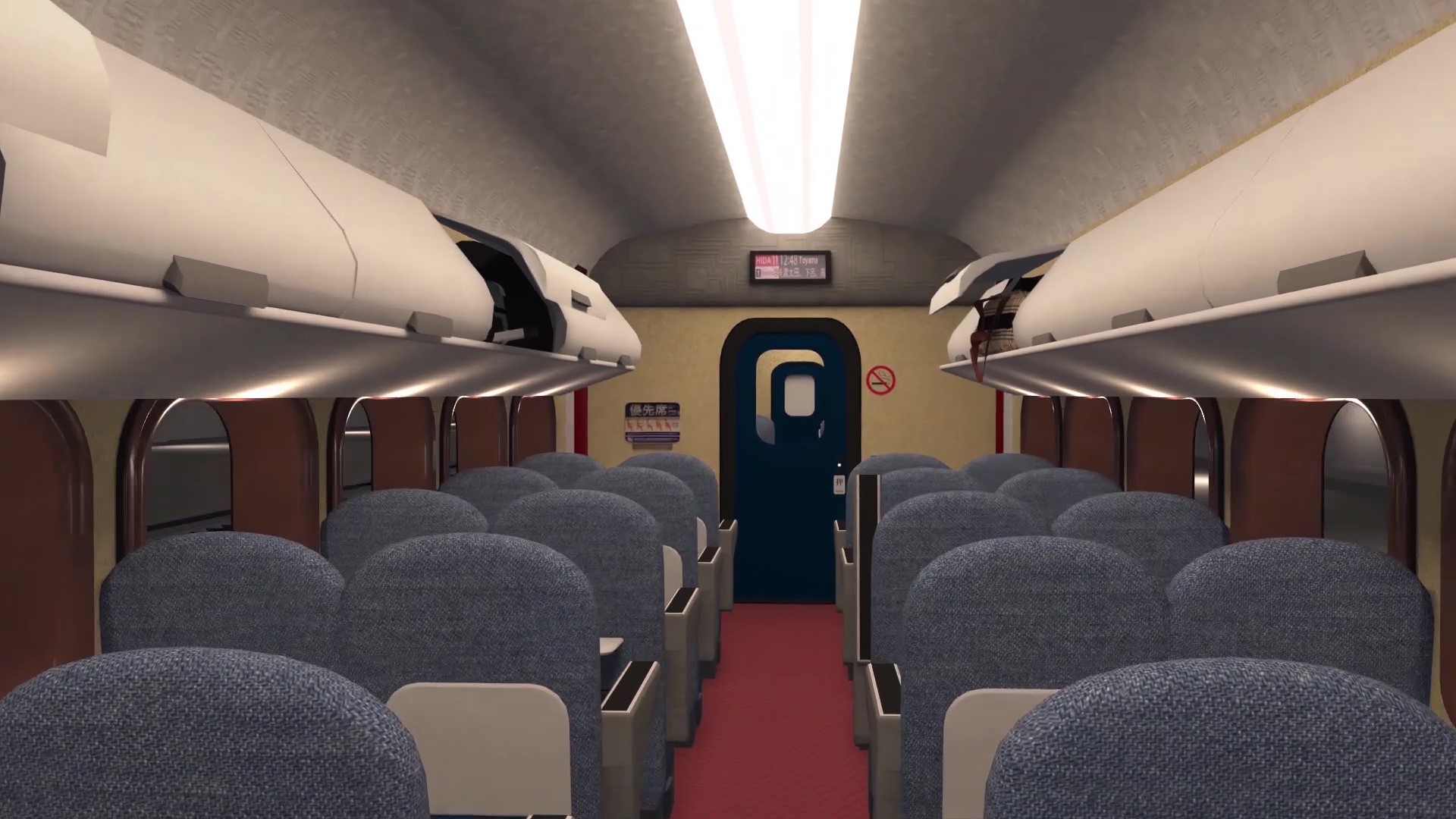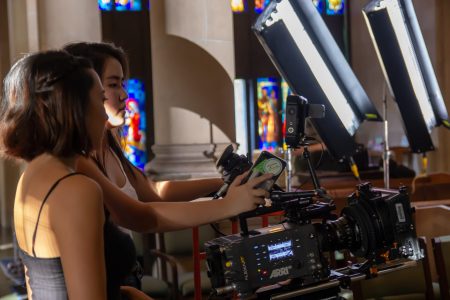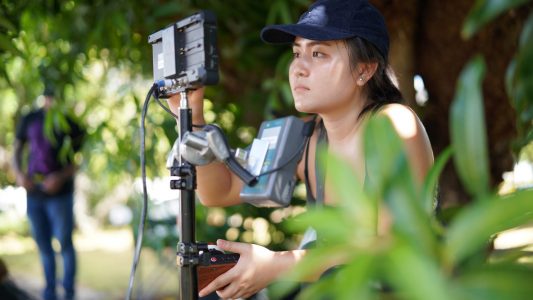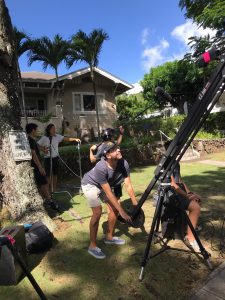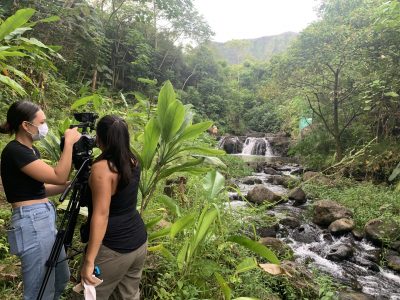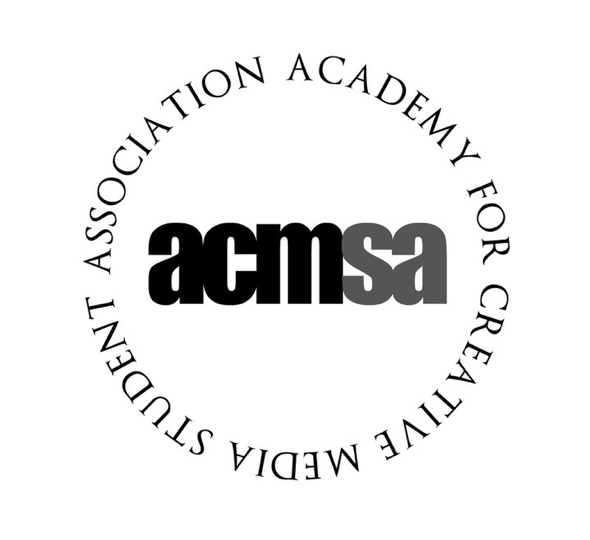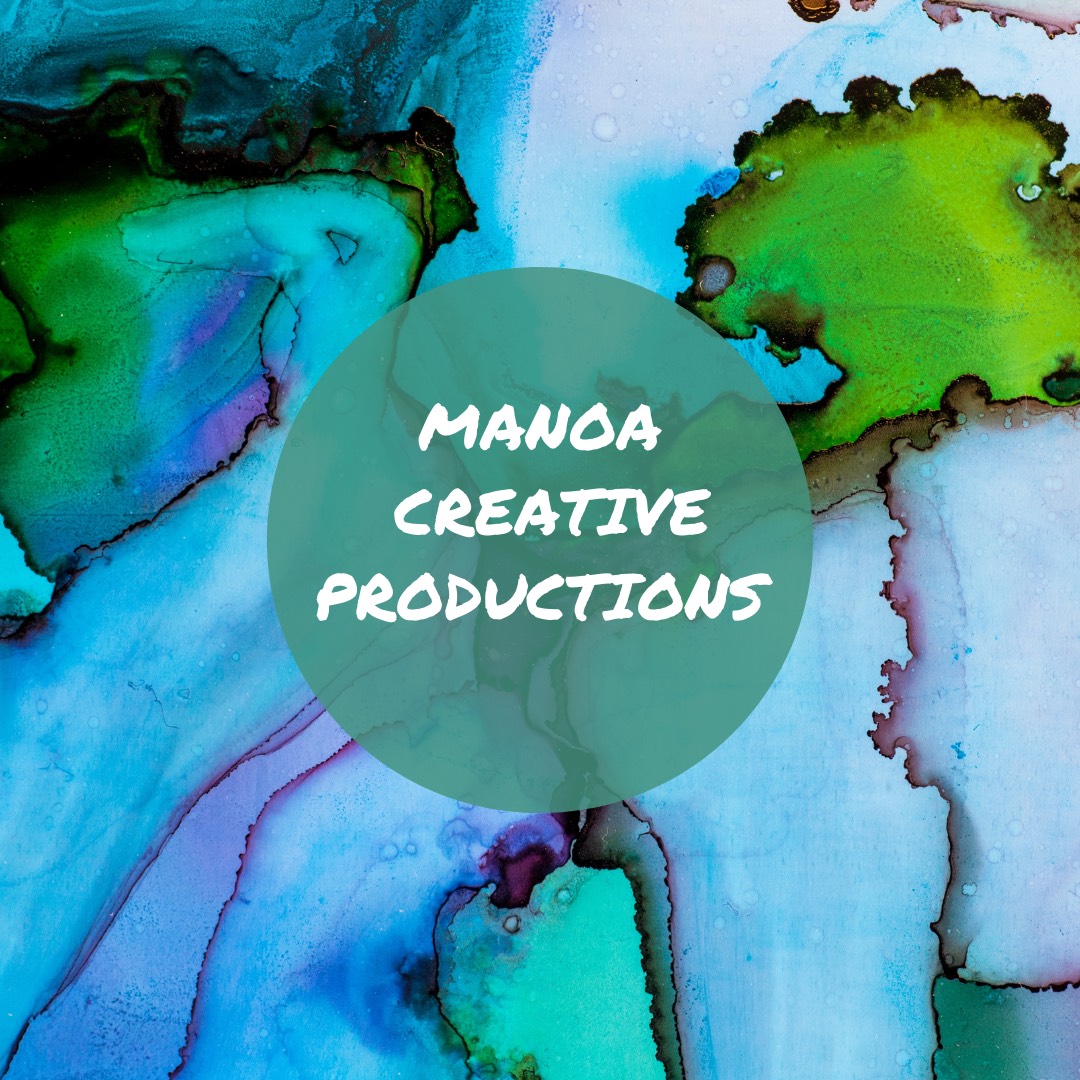How to Become an SCA Major
Are you interested in becoming an SCA major? It’s easy to apply!
- Visit manoa.hawaii.edu/admissions to begin the application process to UH Mānoa
- Click on the appropriate application type for you, i.e. Freshman, Transfer, or International student.
- Complete the 3-step UH Mānoa Application process. On Step 2 “Your Academics,” be sure to choose “Cinematic Arts – BA” as your planned course of study. (see image)
- Download and complete the “Major Declaration/Change of Major” form from the Advising Center at manoa.hawaii.edu/advising/forms (see image) (as PDF)
- Make an appointment with the Advising Center by visiting the Advising Center page at manoa.hawaii.edu/advising. An advisor will process your “Major Declaration/Change of Major” form and create an advising plan with you.
You can decide between 3 tracks as your major concentration: Cinematic Arts, Animation, and Digital Cinema. For more information about each track’s course requirements, please visit the Academic Tracks section.
Please note: all SCA majors are automatically placed in the Cinematic Arts track. If you wish to focus your studies in Animation or Digital Cinema, you will need to submit a portfolio before the March 1 or October 1 deadlines. For information on portfolio requirements and to submit your portfolio, please visit the Portfolio Requirements section.
Track Requirements
SCA offers a core curriculum in three tracks: Cinematic Arts, Animation, and Digital Cinema.
Click Here For Cinematic Arts Track Requirements
I. CORE: 18 credits
CINE 255 Introduction to Cinema and Digital Media
CINE 215 Introduction to 3D Animation or CINE 310 Cinematic Narrative Production
CINE 350 Screenwriting
CINE 360 Indigenous Aesthetics
CINE 385 Topics in Cinematic Arts
CINE 460 Ethics and Film
II. TRACK (REQUIRED COURSES): 12 credits
CINE 330 Independent Producing
CINE 380 Genre and Narrative Theory in Cinematic Arts
CINE 381 Documentary Studies
CINE 382 Authors in Cinematic Arts
III. TRACK (ELECTIVE COURSES): 12 credits/4 courses
CINE 216 Introduction to 2D Animation
CINE 312 Cinematography
CINE 314 Experimental Art and Animation
CINE 315 3D Modeling
CINE 316 3D Animation
CINE 317 3D Lighting, Camera, and Rendering
CINE 321 Storyboarding and Animatics
CINE 322 Visual Development for Animation
CINE 323 Movement Study for Animation
CINE 325 Motion Graphics
CINE 352 Screening Asian Americans
CINE 353 Scenic I: Beginning Scenic Design
CINE 355 Oral Tradition to Screenplay
CINE 356 Costumes I: Beginning Costume Design
CINE 370 Directing the Actor on Screen
CINE 372 Editing for Cinema
CINE 374 Post-Production Sound
CINE 375 Directing the Camera for the Screen
CINE 384 Study Abroad
CINE 386 Techniques in Cinematic Arts
CINE 390 Workshop in Cinematic Arts
CINE 399 Independent Group Project
CINE 405 Documentary Production
CINE 410 Advanced Cinematic Production
CINE 412 Advanced Cinematography
CINE 418 Animation Production I
CINE 419 Virtual and Augmented Reality Programming
CINE 420 Animation Production II
CINE 450 Advanced Screenwriting
CINE 452C/452E History and Film
CINE 455 Indigenous Filmmaking
CINE 470 Directing the Motion Picture
CINE 475 Screenwriting Capstone
CINE 480 Oceanic Media and Culture
CINE 484 Data Visualization
CINE 485 Seminar in Cinematic Arts
CINE 486 Capstone Cinematic Production
CINE 487 Video Game Design and Development
CINE 490 Global Media
CINE 495 Cinematic Arts Internship
CINE 499 Directed Study
Click Here For Animation Track Requirements
I. PREREQUISITE: 3 credits
ART 113 Introduction to Drawing
II. CORE: 21 credits
CINE 255 Introduction to Cinema and Digital Media
CINE 215 Introduction to 3D Animation
CINE 216 Introduction to 2D Animation
CINE 350 Screenwriting
CINE 360 Indigenous Aesthetics
CINE 385 Topics in Cinematic Arts
CINE 460 Ethics and Film
III. TRACK (REQUIRED CONCENTRATION COURSES): 9 credits/3 courses
3D Concentration
CINE 315 3D Modeling
CINE 316 3D Animation
CINE 317 3D Lighting, Camera, and Rendering
or
2D Concentration
CINE 321 Storyboarding and Animatics
CINE 322 Visual Development for Animation
CINE 323 Movement Study for Animation
IV. TRACK (REQUIRED COURSES): 6 credits
CINE 418 Animation Production I
CINE 420 Animation Production II
V. TRACK (ELECTIVE COURSES): 6 credits/2 courses
CINE 314 Experimental Art and Animation
CINE 315 3D Modeling
CINE 316 3D Animation
CINE 317 3D Lighting, Camera, and Rendering
CINE 321 Storyboarding and Animatics
CINE 322 Visual Development for Animation
CINE 323 Movement Study for Animation
CINE 325 Motion Graphics
CINE 386 Techniques in Cinematic Arts
CINE 390 Workshop in Cinematic Arts
CINE 399 Independent Group Project
CINE 419 Virtual and Augmented Reality Programming
CINE 420 Animation Production II
CINE 484 Data Visualization
CINE 486 Capstone Cinematic Production
CINE 487 Video Game Design and Development
CINE 495 Cinematic Arts Internship
CINE 499 Directed Study
Track Elective courses must be different from the 3D or 2D concentration sequence.
Click Here For Digital Cinema Track Requirements
I. CORE: 18 credits
CINE 255 Introduction to Cinema and Digital Media
CINE 310 Cinematic Narrative Production
CINE 350 Screenwriting
CINE 360 Indigenous Aesthetics
CINE 385 Topics in Cinematic Arts
CINE 460 Ethics and Film
II. TRACK (REQUIRED COURSES): 18 credits
CINE 312 Cinematography
CINE 330 Independent Producing
CINE 370 Directing the Actor on Screen
CINE 372 Editing for Cinema
CINE 374 Post-Production Sound
CINE 410 Advanced Cinematic Production
III. TRACK (ELECTIVE COURSES): 6 credits/2 courses
CINE 325 Motion Graphics
CINE 355 Oral Tradition to Screenplay
CINE 375 Directing the Camera for the Screen
CINE 380 Genre and Narrative Theory in Cinematic Arts
CINE 381 Documentary Studies
CINE 382 Authors in Cinematic Arts
CINE 386 Techniques in Cinematic Arts
CINE 390 Workshop in Cinematic Arts
CINE 399 Independent Group Project
CINE 405 Documentary Production
CINE 412 Advanced Cinematography
CINE 450 Advanced Screenwriting
CINE 452C/452E History and Film
CINE 455 Indigenous Filmmaking
CINE 470 Directing the Motion Picture
CINE 475 Screenwriting Capstone
CINE 486 Capstone Cinematic Production
CINE 495 Cinematic Arts Internship
CINE 499 Directed Study
Students with sophomore, junior, or senior standing are assessed a $500 professional fee per semester to cover the cost of facilities, equipment, software, and computers. These resources are provided for students at no additional cost through the duration of their time in the program.
Portfolio Requirements
Creative Computational Media (CCM) Certificate
Complement your SCA degree with the Creative Computational Media (CCM) Certificate.
The undergraduate Creative Computational Media (CCM) Certificate Program provides students and industry professionals with training necessary to enter exciting and lucrative immersive media job markets, such as video game and eSports design and development, digital film production and special effects, new media theatre and dance performance, interactive digital media installation development, and exhibit design for museums, theme parks, or marketing/advertising.
CCM is offered in collaboration with the School of Cinematic Arts (SCA), the Department of Theatre & Dance (College of Arts, Languages & Letters), the Department of Electrical Engineering (College of Engineering), and the Department of Information and Computer Sciences (ICS) (College of Natural Sciences).
For more information about the CCM Certificate requirements, please click here.
Equipment Requirements
Headphones (Required):
- Sony MDR7506 headphones or similar.
Digital Storage (Recommended) :
- Sandisk 64gb or 128gb UHS-I SDSX Memory Card or similar
- 1TB or 2TB LaCie External Hard Drive (Recommended) or similar
Laptop Computer (Required) MAC or PC:
More System Requirements
- VR system requirements
- Hardware acceleration system requirements
- Recommended graphics cards for Adobe Premiere Pro
- 3 button mouse required for animation students
- The recommended graphics cards for Autodesk Maya
- Drawing tablets for animation students:
- Best
- Wacom One Cintiq
- Wacom Cintiq
- Basic
- Wacom Intuos
- Best
Required Software for Animation students:
Adobe CC
Autodesk Maya
Toon Boom Harmony Premium
Toon Boom Storyboard Pro
Handbooks & Forms
Click here to visit our Forms & Handbooks page. Please note you must be an SCA student to access this section. If you don’t have the password please contact cinema@hawaii.edu.
Advising
Inquiries about the SCA program, the curriculum tracks, the portfolio application process, or course planning can be directed to SCA Academic Advisor, Brett Service (service@hawaii.edu).
Current SCA majors or prospective SCA students can schedule an advising appointment with the SCA Academic Advisor through STAR Balance or at the following link.
Current SCA majors should meet once per semester with their assigned SCA major advisor. Students should also be meeting once per semester with a college advisor from the College of Arts, Languages & Letters Advising Center.
Overrides
The SCA course schedule is available to view in Class Availability.
Course registration inquiries for the upcoming semester should be directed to SCA Academic Advisor, Brett Service (service@hawaii.edu).
For department approvals or registration overrides for the upcoming semester, please submit your information to the SCA Department Approval & Override Request Form.
Student Learning Outcomes
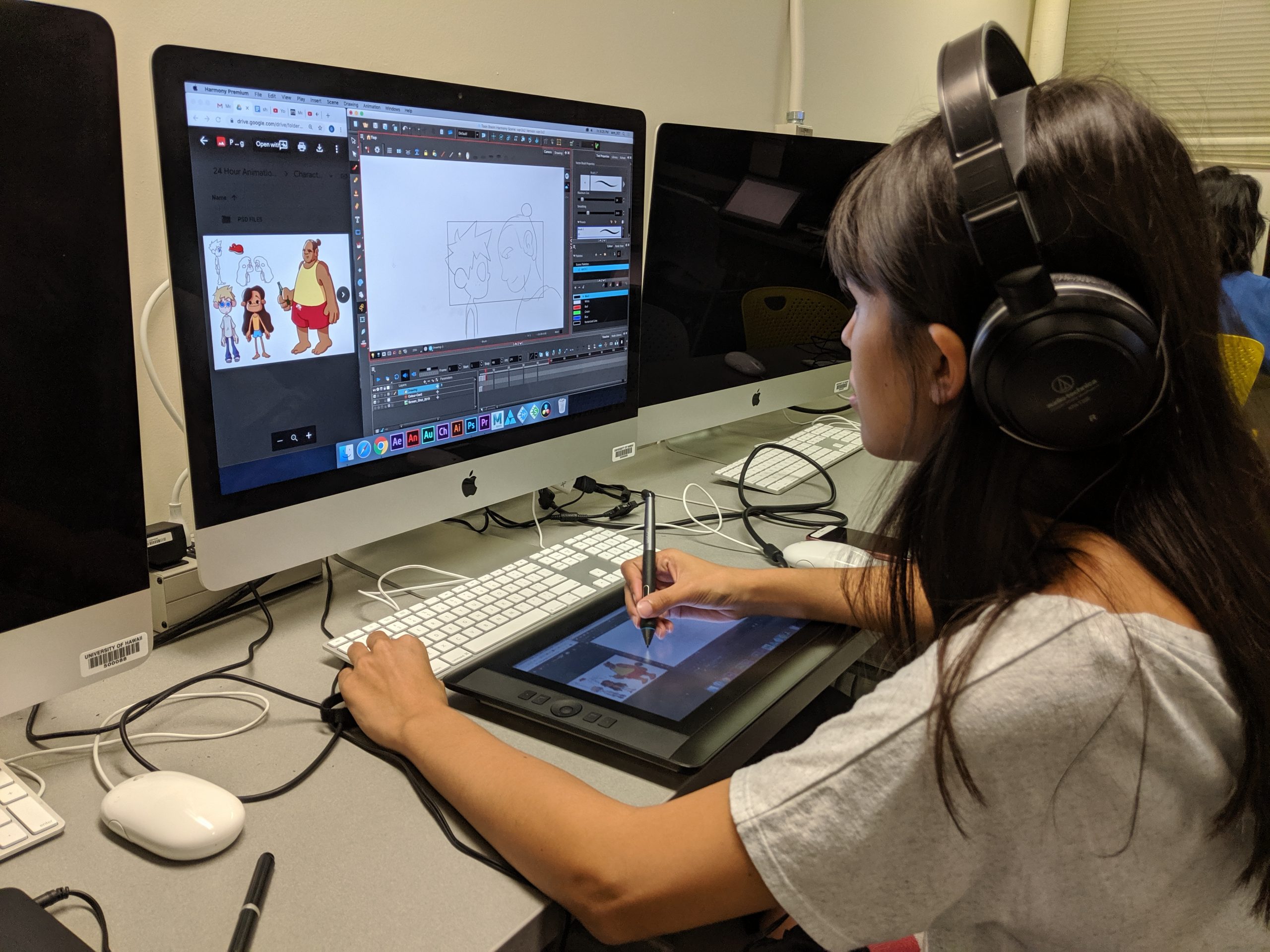
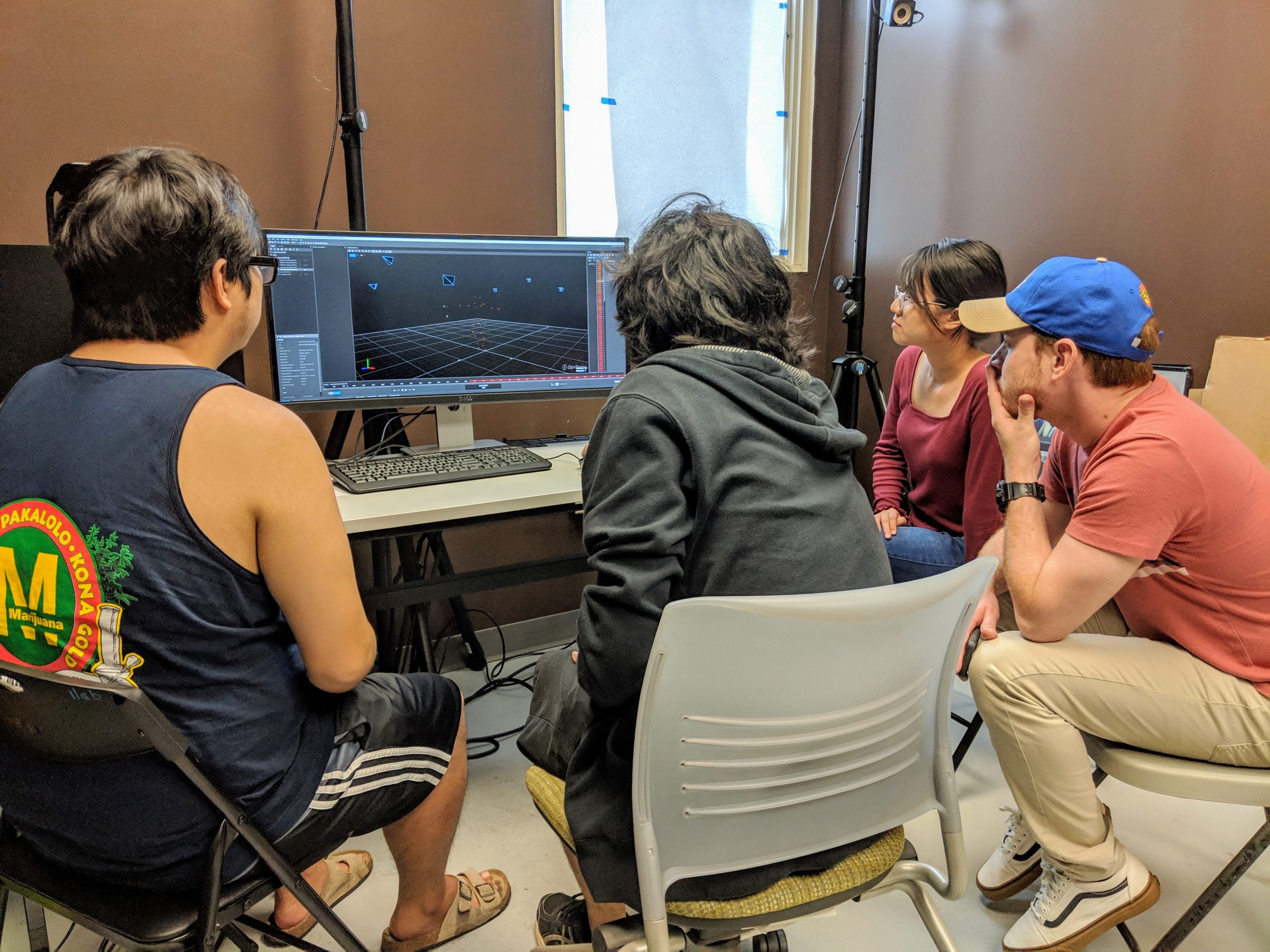
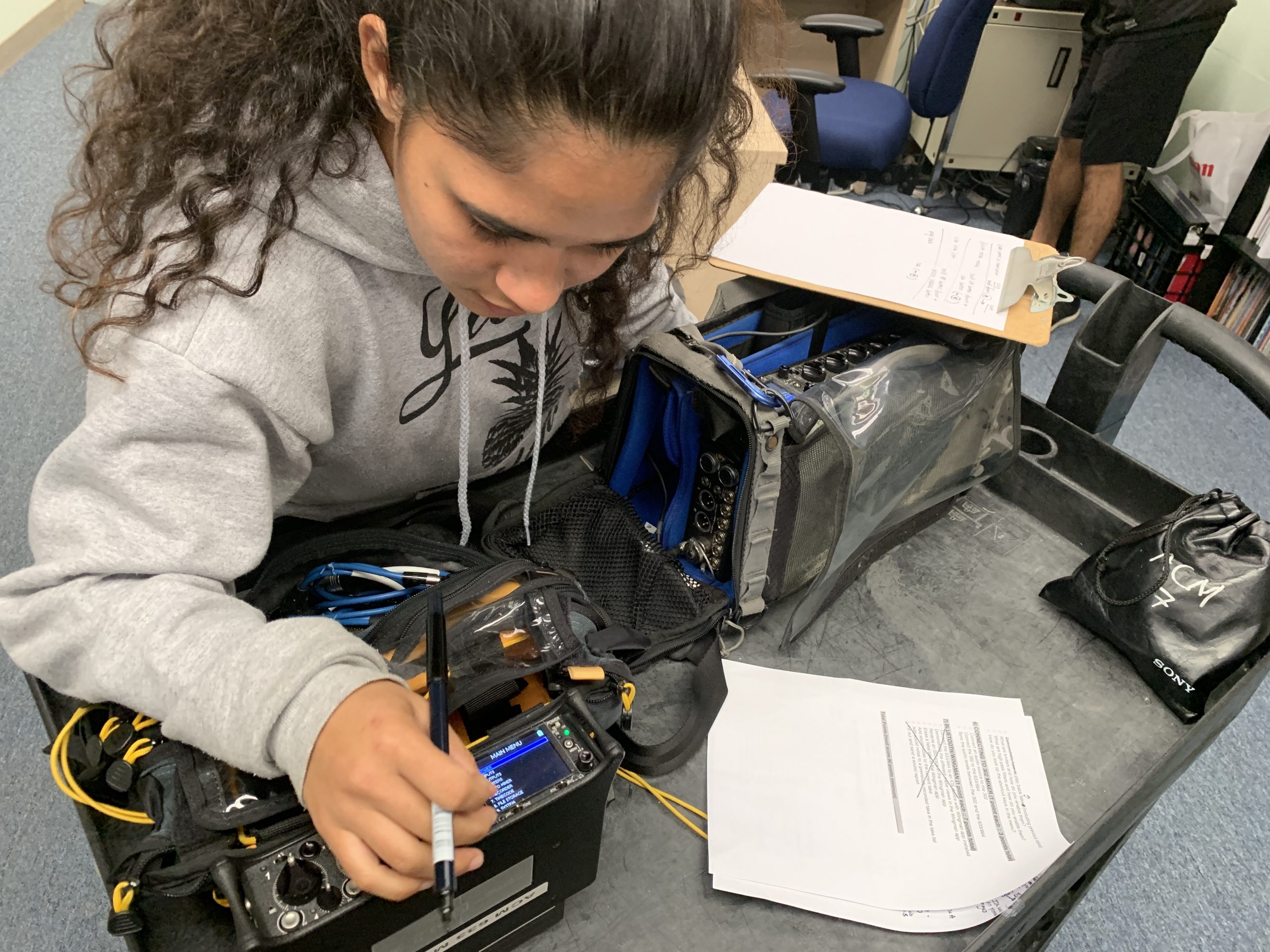
Critical Thinking
- Constructively critique their own and others’ intellectual and creative work
Writing
- Write a creative work that tells a story
- Write a critical piece that applies theoretical principles
History and Aesthetics
- Know the intellectual history of cinema and place their work within that history
Professional Skills & Creativity
- Create a visual narrative through application of appropriate principles and production skills
- Understand the essential collaborative nature of creative productions by working as a team member
Ethics and Responsibility
- Understand and articulate the role and rights of a responsible artist
Get Involved
Join an SCA Student Registered Independent Organizations (RIOs). See below for information on two current SCA RIOs.
Mānoa Creative Productions (MCP) is a Registered Independent Organization (RIO) at the University of Hawaiʻi at Mānoa committed to providing tools, animation techniques, leadership skills, communication skills, and networking opportunities for Animation students in the School of Cinematic Arts. MCP organizes events and opportunities for SCA students to get involved with their community, collaborate on projects, showcase their films, and improve their creative works. For more information, please email mcpc@hawaii.edu or visit the organization’s Instagram page (@manoacreative).


